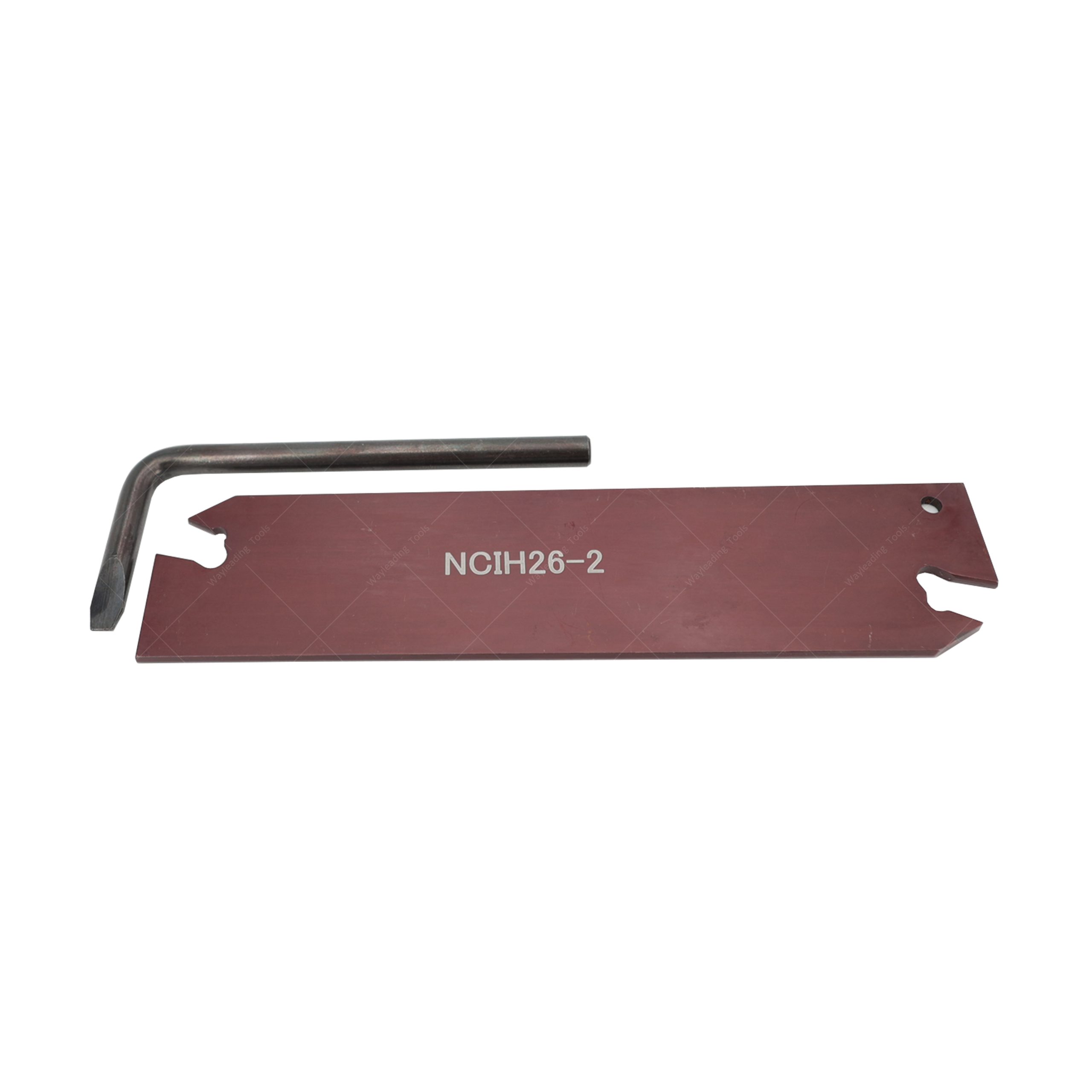machining tools Supplier
Finding the right machining tools supplier is crucial for manufacturers looking to optimize production, ensure quality, and control costs. This guide provides in-depth insights into selecting a reliable partner, covering essential factors from product range and quality control to technical support and pricing. Explore the diverse landscape of machining tools suppliers to make informed decisions for your business needs.
Understanding the Machining Tools Landscape
The machining tools market is vast and varied, encompassing a wide range of equipment used for shaping metal and other materials. Choosing the right supplier requires understanding the different types of machines and their applications.
Common Types of Machining Tools
- CNC Milling Machines: These computer-controlled machines are used for cutting complex shapes and features into materials.
- CNC Lathes: Lathes are used to rotate a workpiece while cutting tools shape it. CNC lathes offer precision and automation.
- Drilling Machines: Used to create holes in materials.
- Grinding Machines: These machines use abrasive wheels to achieve precise surface finishes.
- EDM (Electrical Discharge Machining): EDM machines use electrical sparks to erode material, ideal for complex shapes and hard materials.
- Waterjet Cutting Machines: Utilizes a high-pressure water jet, often mixed with abrasive substances, to cut a wide variety of materials.
Key Factors to Consider When Choosing a Machining Tools Supplier
Selecting the right machining tools supplier is a critical decision that can significantly impact your manufacturing operations. Here are some crucial factors to consider:
Product Range and Specialization
Does the supplier offer a comprehensive range of machining tools that meet your current and future needs? Do they specialize in a particular type of machine or industry?
Quality Control and Certifications
What quality control measures does the supplier have in place? Do they hold relevant certifications such as ISO 9001? Requesting documentation and understanding their QC processes is vital.
Technical Support and Service
Does the supplier offer comprehensive technical support, including installation, training, and maintenance services? A responsive and knowledgeable support team can minimize downtime and maximize productivity.
Pricing and Payment Terms
Obtain quotes from multiple suppliers and compare pricing, payment terms, and financing options. Consider the total cost of ownership, including maintenance and repair costs.
Reputation and Experience
Research the supplier's reputation and experience in the industry. Read online reviews and testimonials, and ask for references from other customers. A well-established supplier with a proven track record is more likely to provide reliable products and services.
Delivery and Lead Times
What are the supplier's delivery and lead times? Ensure they can meet your production schedules and minimize delays. Understand their shipping policies and any potential import/export regulations.
Finding Reliable Machining Tools Suppliers
Several strategies can help you identify and evaluate potential machining tools suppliers.
Online Research and Directories
Use online search engines like Google, Bing, and industry-specific directories to find suppliers. Many suppliers, like Wayleading Tools, offer online catalogs and detailed product information.
Trade Shows and Industry Events
Attend trade shows and industry events to meet suppliers in person, see their products firsthand, and network with industry professionals.
Referrals and Recommendations
Ask for referrals and recommendations from other manufacturers or industry experts. Their experiences can provide valuable insights and help you avoid potential pitfalls.
Evaluating Machining Tools Suppliers: A Checklist
Use the following checklist to evaluate potential machining tools suppliers:
- Product Quality: Does the supplier offer high-quality machines that meet your specifications?
- Technical Expertise: Does the supplier have the technical expertise to support your needs?
- Customer Service: Is the supplier responsive and helpful?
- Pricing: Are the prices competitive and transparent?
- Delivery: Can the supplier meet your delivery schedules?
- Warranty: What is the warranty on the machining tools?
- References: Can the supplier provide references from other customers?
The Importance of After-Sales Support
The relationship with your machining tools supplier shouldn't end after the sale. After-sales support, including maintenance, repairs, and training, is crucial for ensuring the long-term performance and reliability of your machines.
Maintenance and Repair Services
Does the supplier offer maintenance and repair services? Are they readily available and responsive to your needs? A proactive maintenance program can help prevent breakdowns and extend the life of your machines.
Training and Education
Does the supplier offer training and education programs for your operators and technicians? Proper training can improve machine performance, reduce errors, and enhance safety.
Example of Machining Tool Comparison
This is a sample comparison of two CNC Milling Machines, showcasing key specifications:
| Feature | CNC Milling Machine A | CNC Milling Machine B |
|---|---|---|
| Table Size | 30' x 16' | 40' x 20' |
| Spindle Speed | 8,000 RPM | 10,000 RPM |
| Tool Capacity | 20 | 30 |
| Control System | Fanuc | Siemens |
Conclusion
Choosing the right machining tools supplier is a strategic investment that can significantly impact your manufacturing success. By carefully considering the factors outlined in this guide, you can find a partner that provides high-quality machines, reliable support, and competitive pricing, optimizing your production processes and achieving your business goals.
Related products
Related products
Best selling products
Best selling products-
 Precision IP67 Digital Caliper With Data Output For Industrial
Precision IP67 Digital Caliper With Data Output For Industrial -
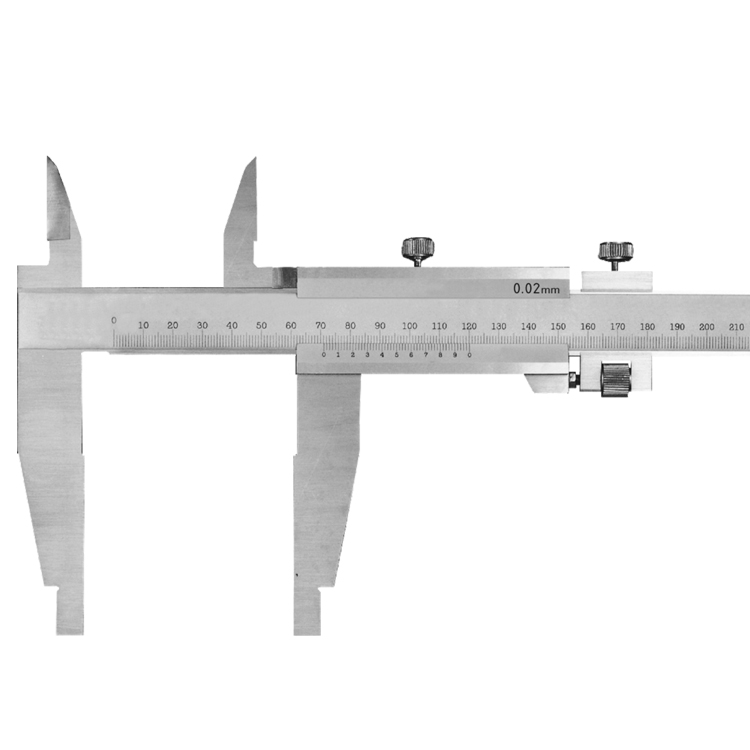 Precision Monoblock Vernier Caliper With Nib Style & Standard Style Jaws Of Metric & Imperial For Industrial
Precision Monoblock Vernier Caliper With Nib Style & Standard Style Jaws Of Metric & Imperial For Industrial -
 Precision IP54 Digital Outside Micrometer Of Inch & Metric With Data Output
Precision IP54 Digital Outside Micrometer Of Inch & Metric With Data Output -
 Precision V Block And Clamps Set With Heavy Duty
Precision V Block And Clamps Set With Heavy Duty -
 Precision 7pcs Angle Blocks Set With High Quality Type
Precision 7pcs Angle Blocks Set With High Quality Type -
 Single Wheel Knurling Tools With Straight Pattern For Industrial Type
Single Wheel Knurling Tools With Straight Pattern For Industrial Type -
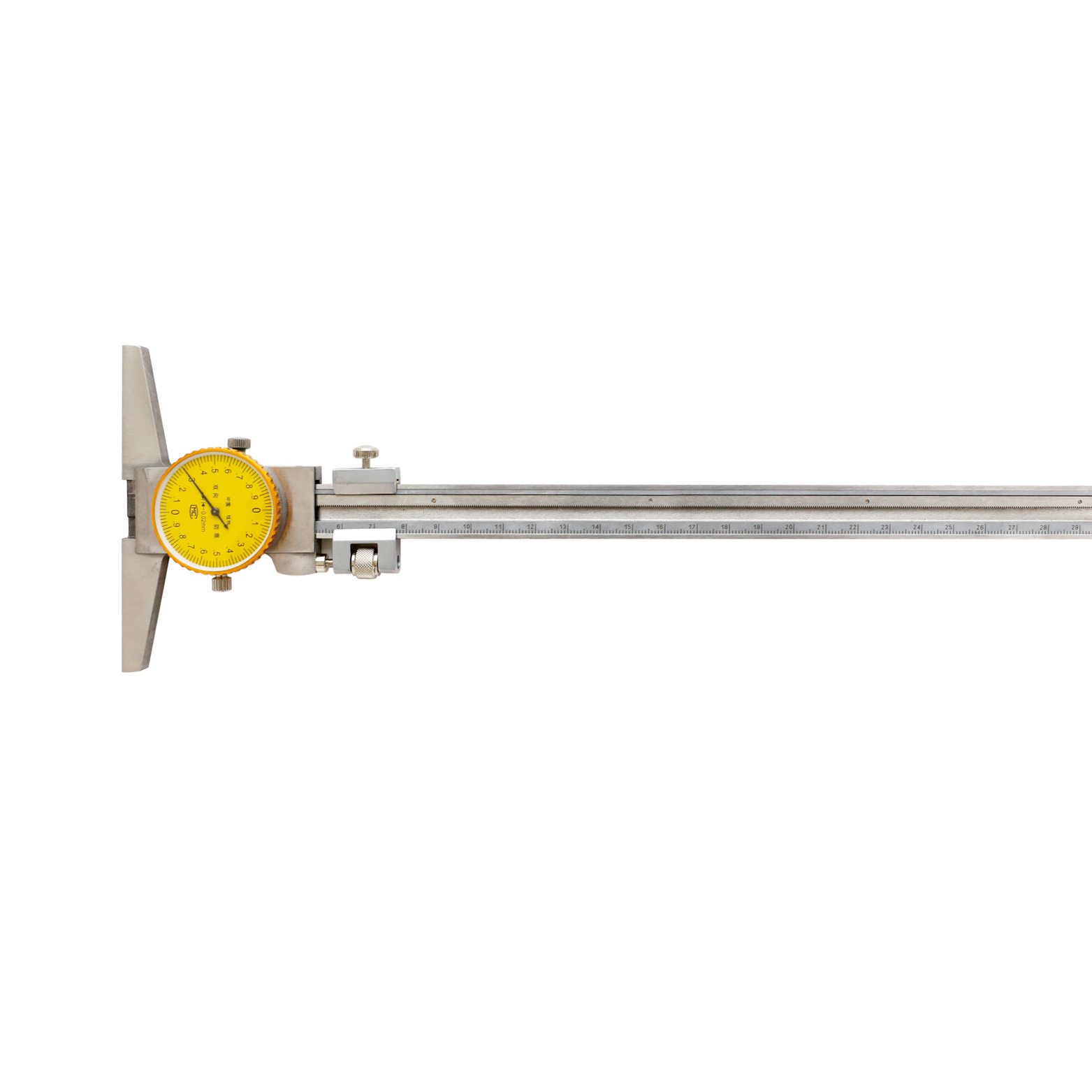 Dial Depth Gauge With Stainless Steel For Industrial Type
Dial Depth Gauge With Stainless Steel For Industrial Type -
 Inch HSS Step Drills with Straight Flute
Inch HSS Step Drills with Straight Flute -
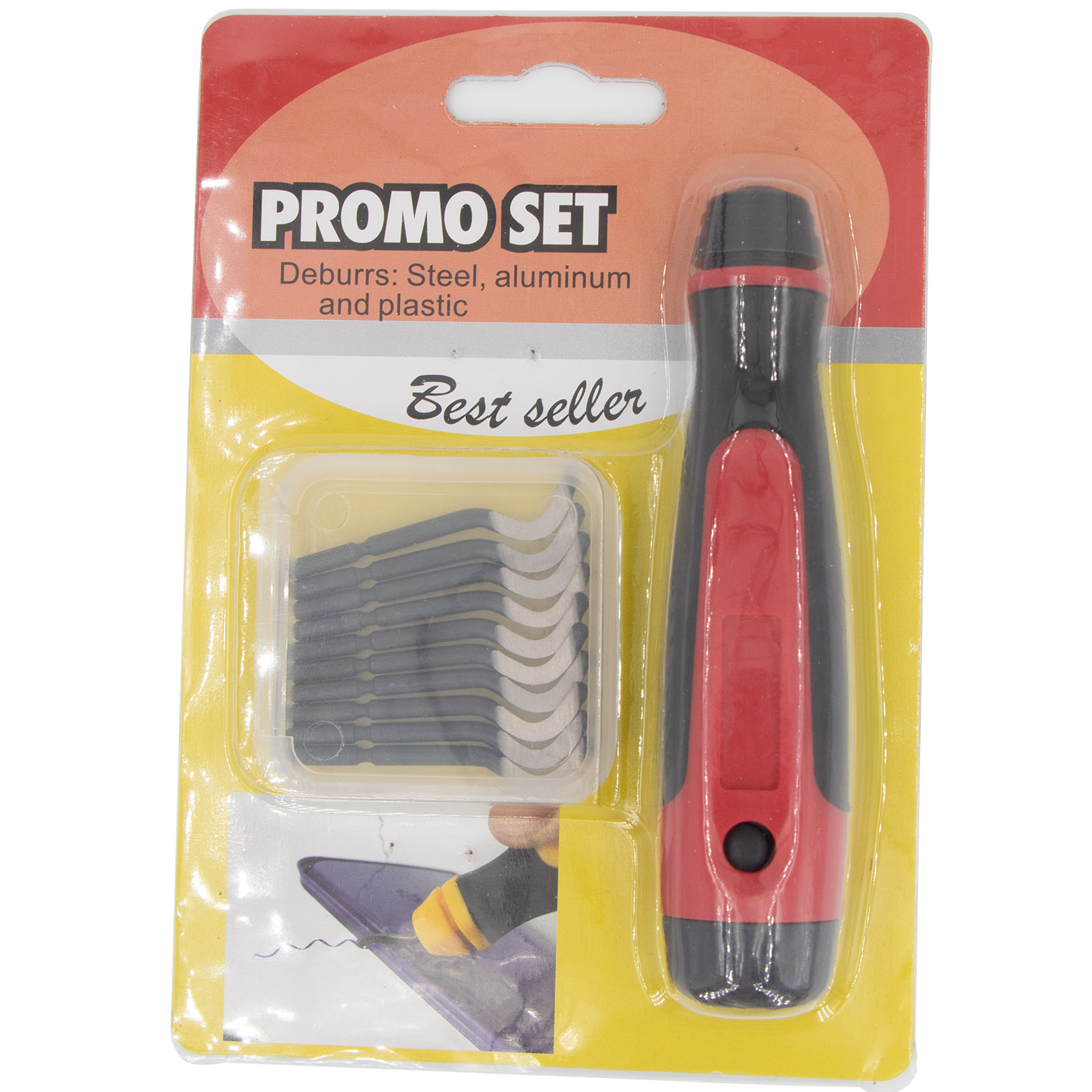 Type E Heavy Duty Deburring Tool Set With Deburring Holder And Deburring Blade
Type E Heavy Duty Deburring Tool Set With Deburring Holder And Deburring Blade -
 SCFC Indexable Boring Bar – Right- and Left-Hand Types
SCFC Indexable Boring Bar – Right- and Left-Hand Types -
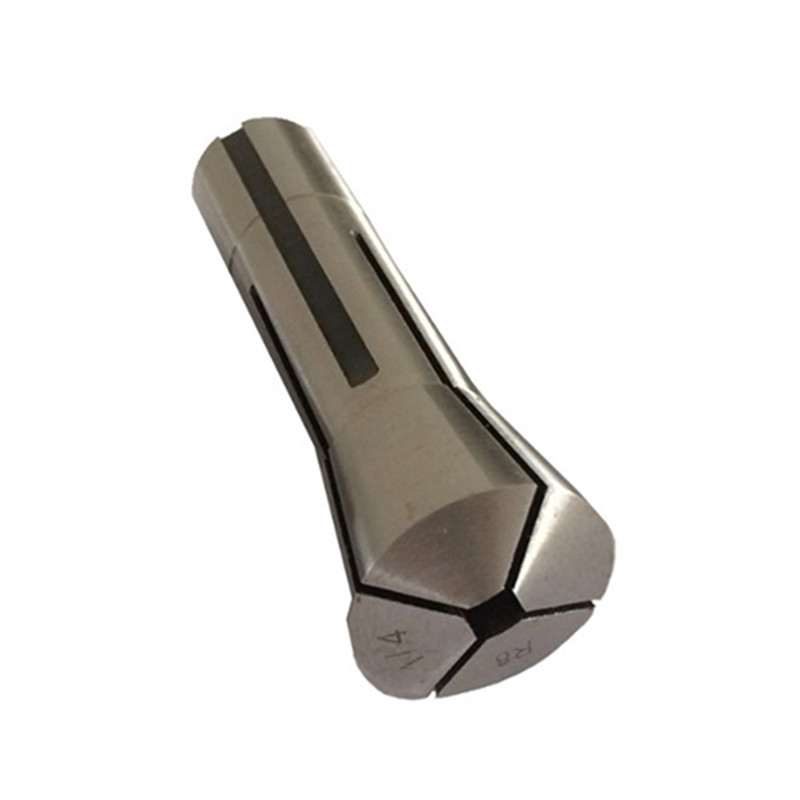 R8 Square Collet With Inch and Metric Size
R8 Square Collet With Inch and Metric Size -
 Type B Cylinder Tungsten Carbide Rotary Burr
Type B Cylinder Tungsten Carbide Rotary Burr





